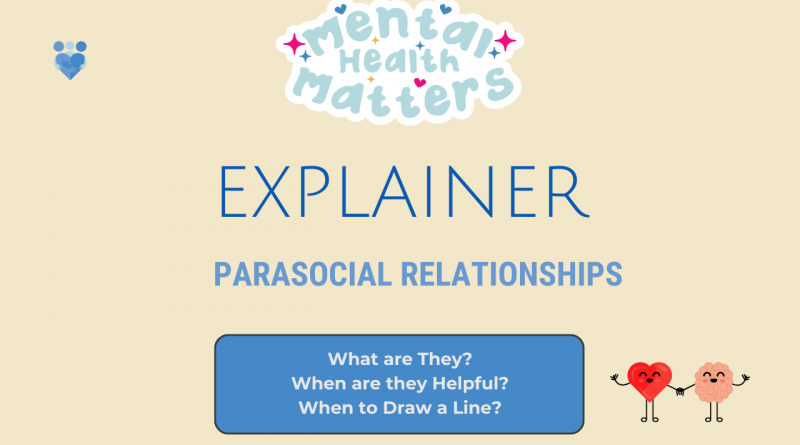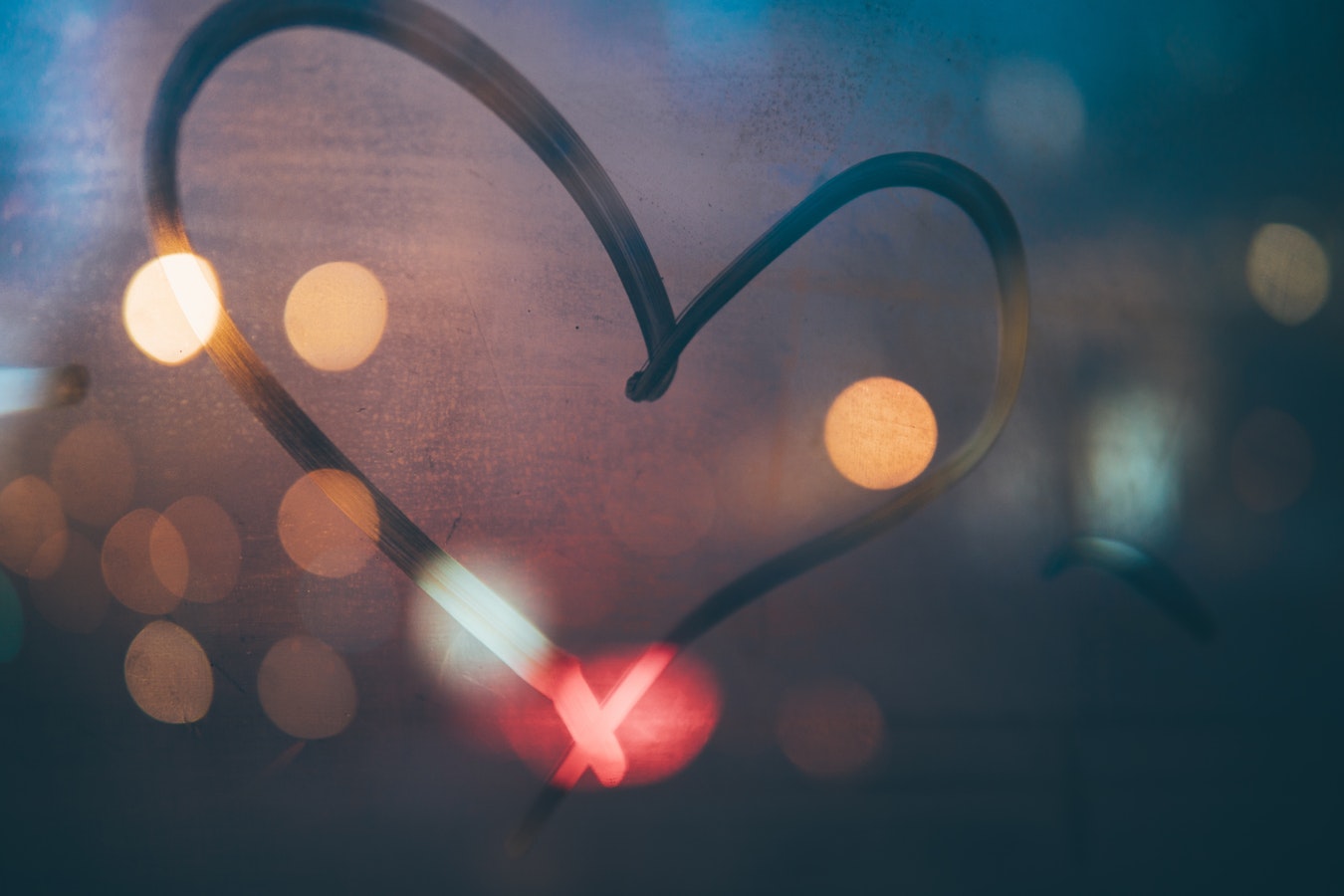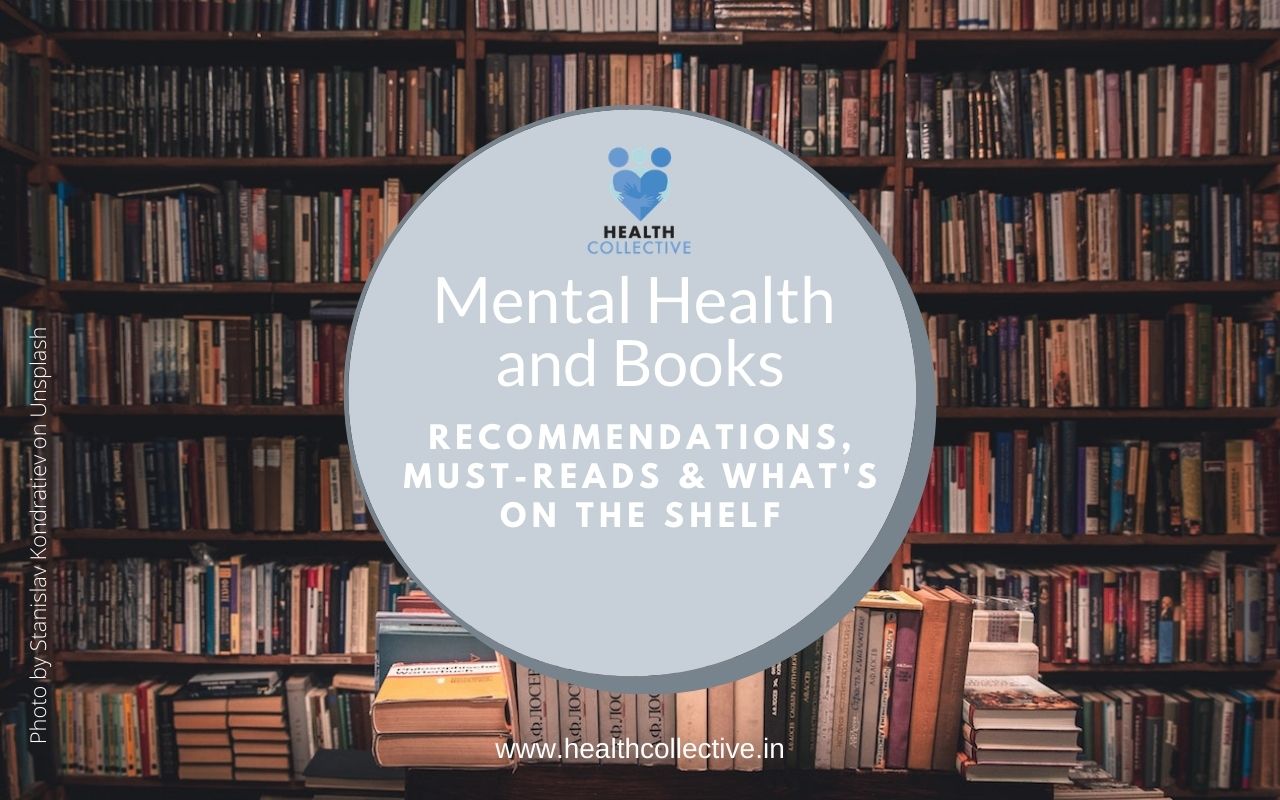Understanding Parasocial Relationships and Their Role in Your Life
Have you ever felt like a celebrity or influencer really gets you, when in reality you have never even met them? Welcome to the club!
By Bhavya Jain
A parasocial relationship is a one-way emotional bond in which an individual feels close to a public figure who does not know them. It was first discovered in the 1950s by sociologists Donald Horton and Richard Wohl, but parasocial relationships are much more prevalent today with social media.
In a world frequently described as hyper-connected, the phenomenon of parasocial relationships is everywhere. You may never meet Taylor Swift, but you feel that her lyrics were written specifically for you. You could also binge-watch Virat Kohli’s interviews, feeling inspired by his passion and grit.
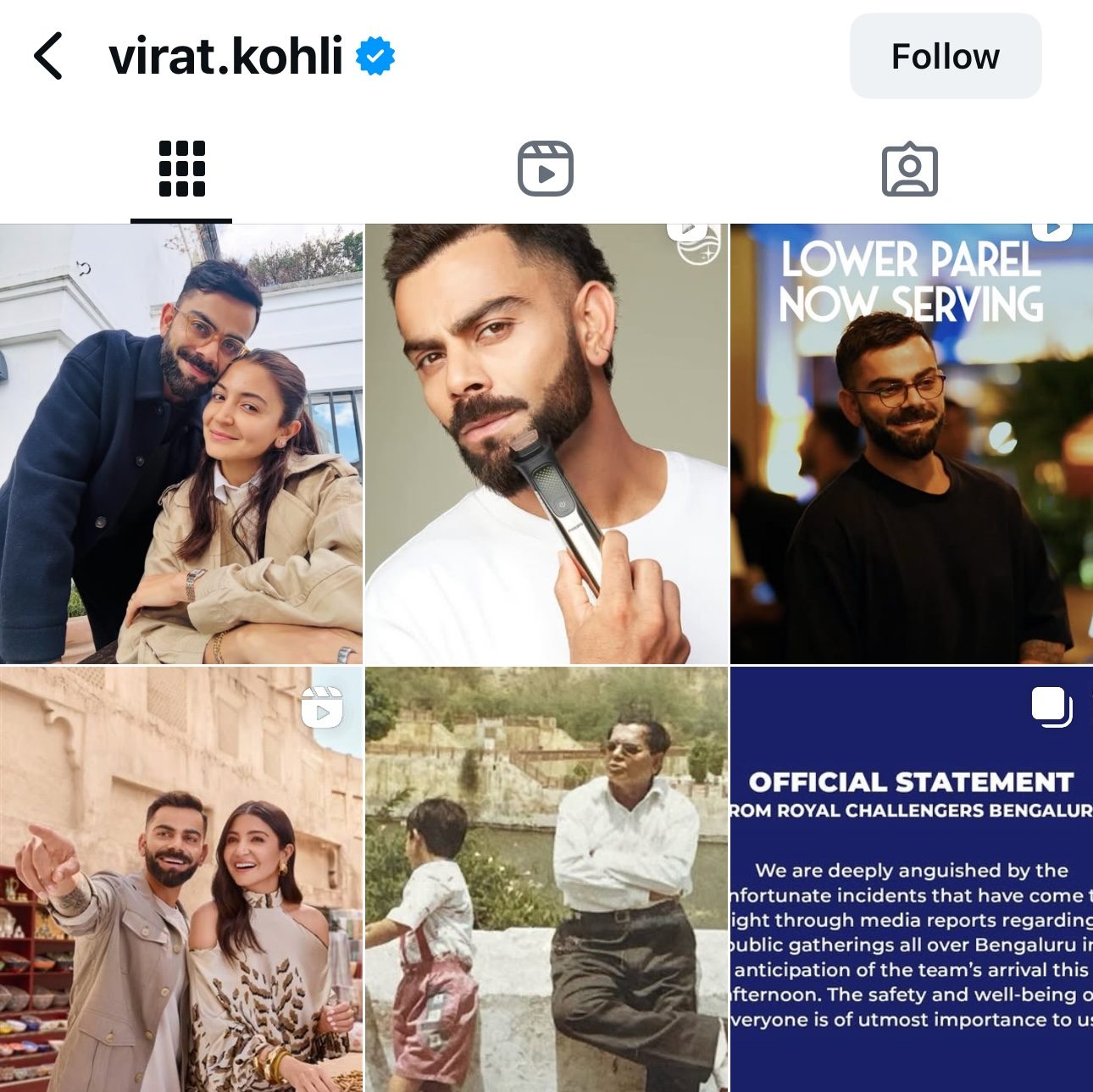
For instance many young fans may say that they look up to him, follow the same workout routines and diet that he follows. They may also claim to understand him on a personal level (nearly feeling as if he is your personal mentor).
Understanding Parasocial Relationships
To understand parasocial behaviour, we first need to pause and look at its psychological roots. Human behaviour, emotions and even thought processes are deeply tied to psychology. When someone develops a fascination, an attachment, or even loyalty towards a figure they do not personally know, this is called a parasocial relationship.
Psychologists often point towards attachment theory, explaining how humans form emotional bonds to feel safe and connected in relationships.
These theories elaborate on social connections and their intensities, as well as how they affect an individual’s personality and behaviour. Just as we seek security and comfort in relationships around us, media provides an alternative space where people find connection without the risk of rejection. Following a celebrity’s life on Instagram or watching an actor repeatedly on screen makes the brain process it almost like familiarity with a friend. The more exposure, the stronger the sense of attachment.
Parasocial relationships are not always negative. On the contrary, they can give one comfort, companionship and even inspiration. These digital ties are not negative by default. For many people, particularly adolescents, parasocial relationships provide comfort, identity development, and even a way to cope through difficult times.
During the pandemic, being stuck indoors, millions turned to familiar figures on their screens, from rewatching old Bollywood movies to binge watching series like Friends or The Office. Research even suggests that rewatching your favourite TV shows/ movies is often a better mood enhancer than checking in with some actual acquaintances.
For many, these digital bonds feel like safe spaces. They can bring comfort on lonely days, inspire us to chase dreams, or even make us feel seen when someone shares struggles we relate to, like an influencer being open about anxiety or body image. When in moderation, parasocial bonds can give people role models, a sense of community, and hope.
Where is the Issue?
Problems begin to develop when such one way relationships substitute for actual real life connections.
If time and energy are spent too heavily on celebrities or influencers, there is less time spent forming actual two way friendships. Some people even avoid real-world social connections, substituting them with one-sided online bonds. And when a beloved public figure passes away, like Friends star Matthew Perry or Indian music legend Lata Mangeshkar, fans often grieve sincerely, despite of never having known them personally. This becomes an issue due to the intense one sided attachment, which makes them feel deep emotional distress.
Self-esteem can take a hit: Constant exposure to curated images, like the perfect holiday pictures of Bollywood celebrities or lifestyle influencers can lead to unhealthy comparison, which can harm our self-esteem particularly in young people. Relying too much on online figures for emotional support can leave you disappointed when they mess up or fail to live up to your expectations (because they’re human, too).
Parasocial relationships may be used as marketing strategies as well because sometimes people tend to buy the products endorsed by the celebrities they follow. For example, when figures like Amitabh Bachchan or Madhuri Dixit promote products such as instant noodles or Shah Rukh Khan and Ajay Devgn promote pan masala, both these products are very well-known for their disadvantages, yet, we buy instant noodles for our children on a daily basis and see every other individual chewing pan masala, ignoring the health risks. This behaviour may be a result of such parasocial relationships as we believe that if our favourite celebrity uses these products it won’t do us any harm. It is important for us as consumers to remember that this portrayal is intentionally flashy in order to influence our preferences but it may not always be real.
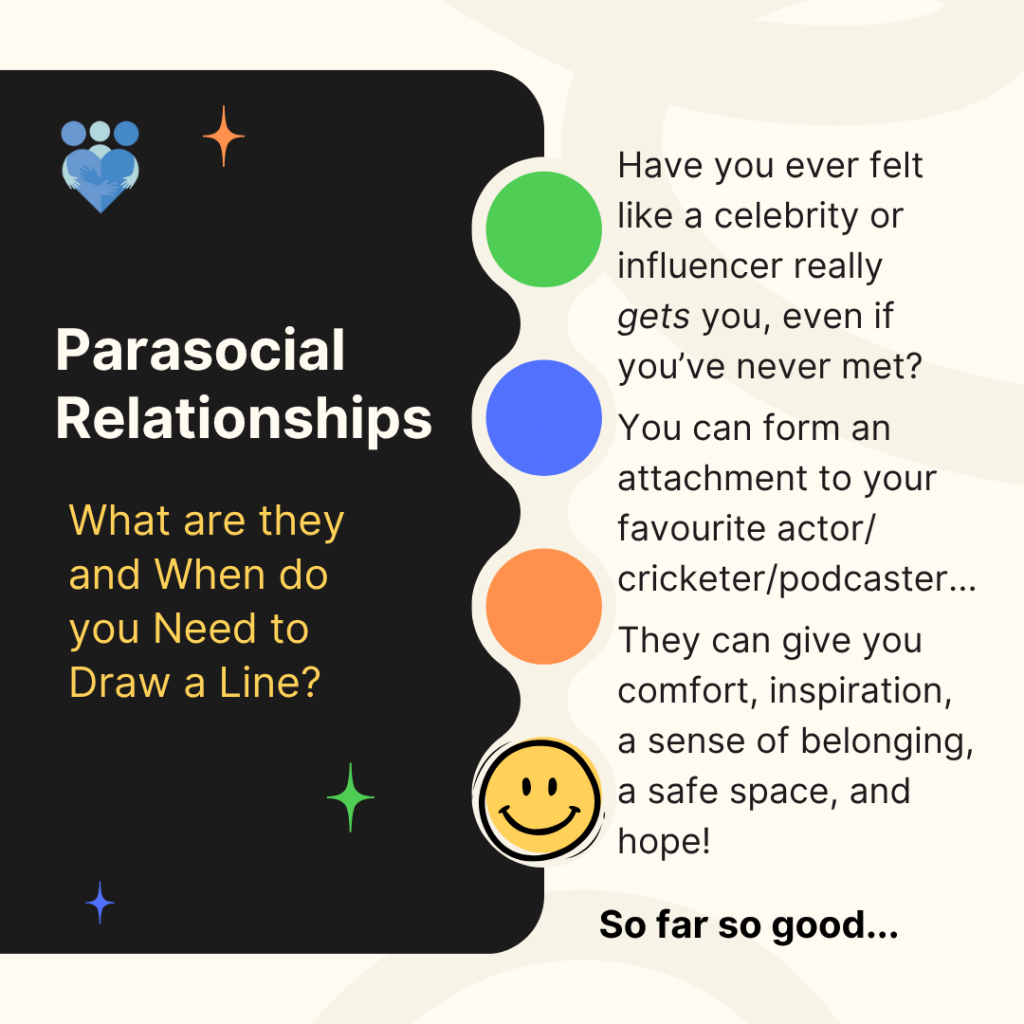
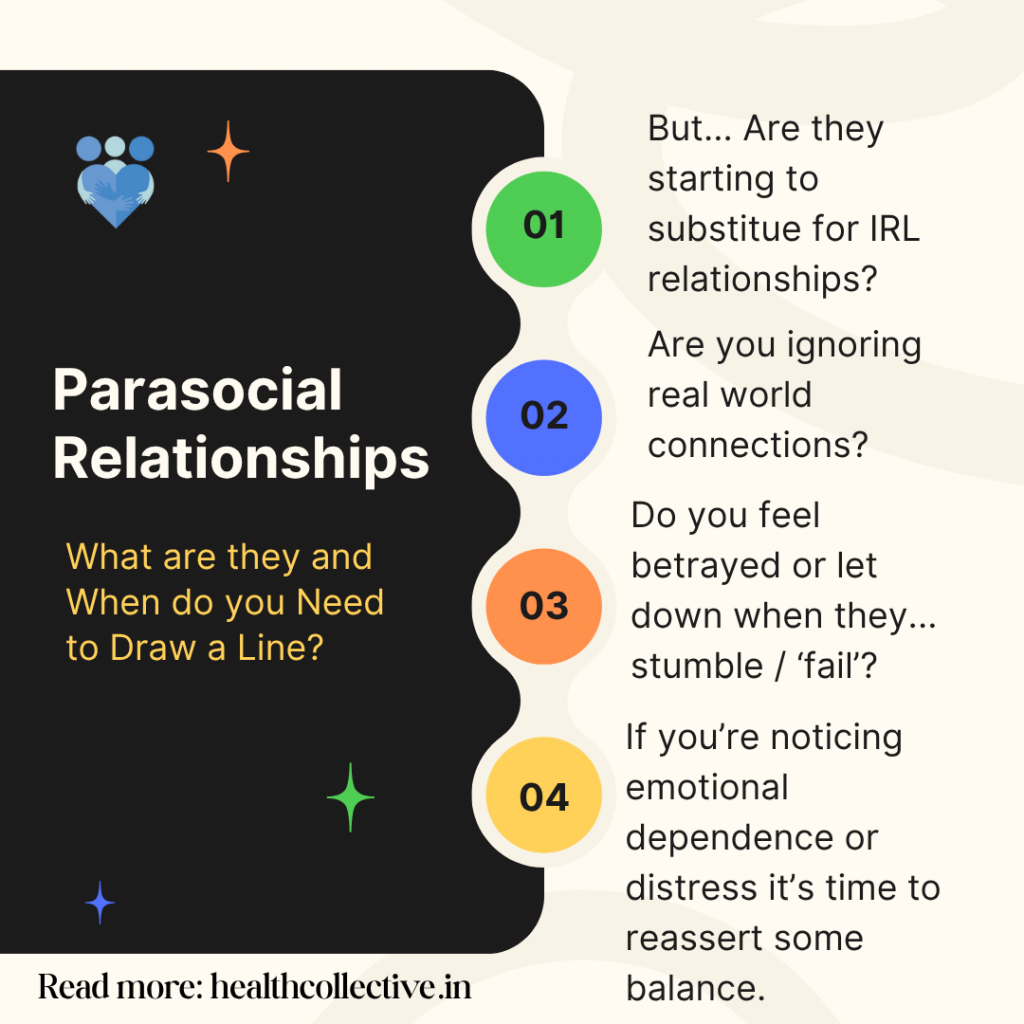
In extreme cases and very rarely, parasocial relationships can move to the obsessive realm, which will have a debilitating effect on real-life relationships and mental health. But when do we know that our connections with these famous personalities is affecting our mental well-being? When they replace real world bonds, create emotional dependence or excessive emotional distress.
To keep these relationships healthy, it is important that we set boundaries. Setting limits on how much time we engage with celebrity content, reminding ourselves that the bond is one sided and it is meant to inspire you and making sure we nurture real life relationships.
Ultimately, parasocial relationships are a double-edged sword. They enhance our online lives, but they become problematic if they take precedence over our actual connections.
As with most psychological experiences, balance is key. Recognising that our emotional bond with a screen figure is rooted in our own need for connection helps keep perspective. Parasocial relationships are not signs of weakness; they are evidence of how deeply social we are as a species. The real catch is knowing where to draw the line. Always remind yourself what’s real and what isn’t. See it as entertainment, not intimacy. Parasocial relationships ultimately highlight the deep human need for connection, but also work as a reminder for us of the importance of grounding ourselves in real, reciprocal relationships that go beyond the screen.
This is a guest post; views expressed are personal and not reflective of the site
Bhavya Jain, the founder of That Happiness Project, is an I/O Psychologist and Integrative Psychotherapist committed to promoting positive mental health and breaking the stigma around therapy.

